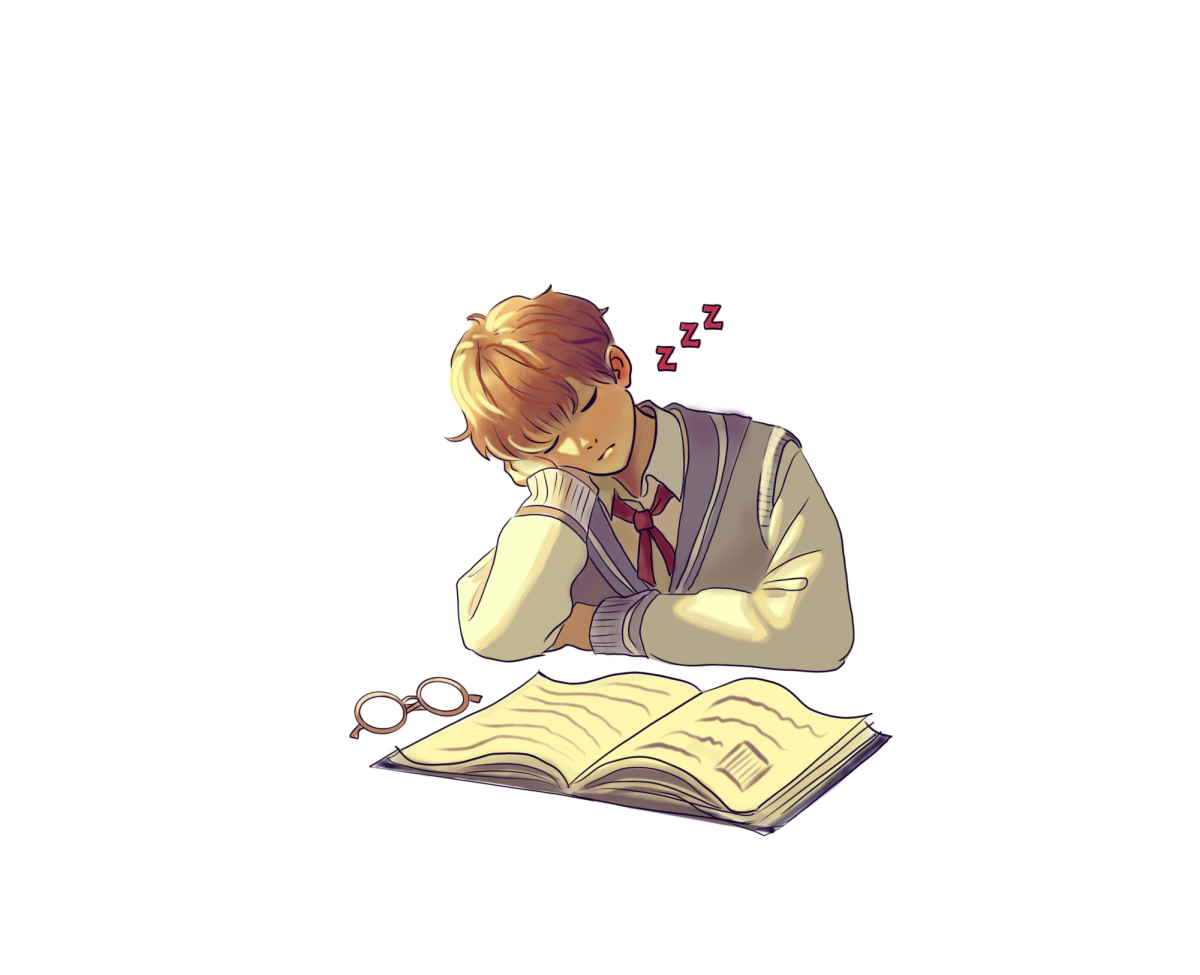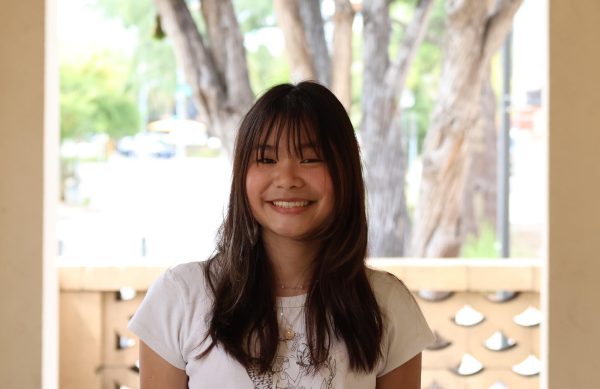Stepping into my bedroom, I immediately feel the heaviness of my eyelids after hours of endless lectures and classwork. I barely make it to my bed before I collapse into my mattress and surrender myself to a short slumber. Hours later, I wake up from a much needed nap, feeling rejuvenated and ready to focus on any remaining work for the day.
For the past five years, after school almost every day, I indulge in a nap to ease my aching mind and body. It has become an essential part of my daily routine, giving me an additional boost of energy to compensate for any sleep debt. Without my daily nap, I feel drained and unable to take on the challenging workload I would normally be fine completing.
Some of my friends who don’t nap, enjoy teasing me about my nap routine. I understand from their perspective, naps seem like an unproductive waste of time. While this may be true if you have a consistent, healthy sleep schedule, when heavy exhaustion starts to blanket your mind in the middle of the day, naps can become essential.
In fact, they are proven to provide an array of benefits, even when someone is well rested. Research from 2016 by the American Psychological Association shows naps can improve reaction time, logical reasoning and symbol recognition. Those who napped were also found to maintain greater tolerance to frustration than those who stayed awake.
After-school naps are particularly effective because sleep reinforces learned material. A 2003 study conducted by Nature Neuroscience suggests people performed better on visual-texture distinguishing tasks after sleeping through the night compared to people who just learned the material.
The performance of people who napped was equivalent to the performance of people who slept overnight. Taking a nap after school aids comprehension of new material, allowing for more productive studying.
And despite what nap doubters might believe, reveling in a nap doesn’t have to occupy your entire evening. A 2016 Healthline research study found that a 10 to 30 minute nap is enough to re-energize and enter the beginning stages of the sleep cycle.
This kind of nap prevents you from waking in a stage of deep sleep, which may leave you more groggy than before. It also helps prevent disruptions to your nighttime sleep. Though, if you are particularly exhausted and have the time, a 90-minute nap is beneficial as well as it marks the completion of one sleep cycle.
Naps also help alleviate the academic and social pressures of high school which is causing mass sleep deprivation among adolescents. According to a study by the U.S. Centers for Disease Control and Prevention, more than two-thirds of high school students aren’t getting sufficient sleep, with 20% of teens sleeping six or less hours a day, increasing their risk of health problems such as diabetes. A countermeasure to sleep deprivation is as simple as taking a midday nap.
Given my sleep deprivation, when I sacrifice my nap to study more, I often perform worse academically than if I had napped. By not napping, I usually have to end my study session earlier than I intended, even when I am not fully confident in the topics, because I am too depleted from the lack of sleep from previous nights to concentrate adequately. On the other hand, taking a short, refreshing nap, I concentrate better and am able to end my study session when I feel like I have satisfactorily learned the material.
The labeling of naps as lazy or unproductive is entirely unfounded. An energizing nap shouldn’t be seen as a sign of weakness but rather an act of self-care that enhances your cognitive, emotional and physical state.
Regardless of whether you nap, it is reasonable for most students to unwind after coming home from a long-day at school by scrolling through their phone, enjoying a snack or picking up a book. However, the next time you feel the weight of your eyelids taking you to a dream state, I encourage you to consider how your time, even if it is 20 minutes, might be better spent on well-deserved sleep that rejuvenates your mind and body for an upcoming productive study session.


